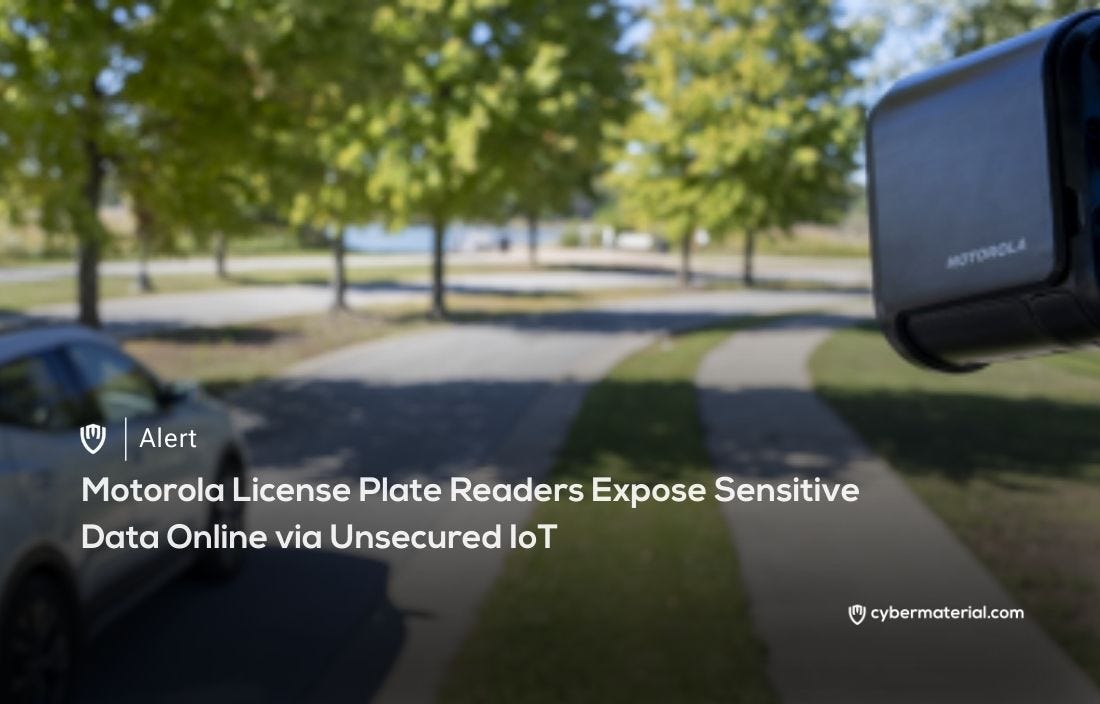
A security researcher recently uncovered a significant vulnerability in Motorola’s automated license plate readers (ALPRs). These devices, deployed by cities and police departments across the United …

A security researcher recently uncovered a significant vulnerability in Motorola’s automated license plate readers (ALPRs). These devices, deployed by cities and police departments across the United …